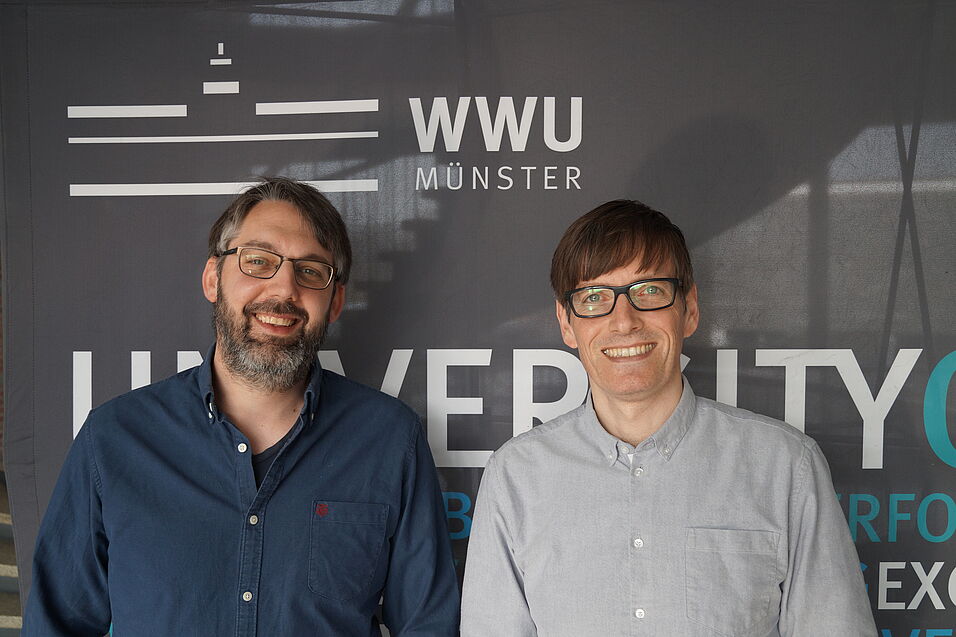What is the study about?
Bernd Schlipphak: The dataset we provided is part of a large Horizon 2020 project, RECONNECT Europe. The project was about finding ways to reconcile citizens with the EU. In our sub-project, the focus was on finding out what the citizens' ideal image of the EU is. In other words: What should the EU look like so that as many citizens as possible accept and have a positive attitude towards it?
What is the most exciting aspect of the study for you? Were there any surprising results?
Oliver Treib: We have not yet been able to analyse large parts of the data set. So far, our focus has been on the question of whether the idea of an ideal EU varies greatly among different social groups. And there are indeed some surprises. Many would probably have expected that reforms of the EU would be dominated by the basic conflict between Eurosceptic and Europhile people.
But that is not the case according to your data?
Bernd Schlipphak: No, at least not exclusively. When it comes to the degree of transparency and participation of the EU, there are no major differences among the citizens of the six countries surveyed. Many people from the most diverse political backgrounds support an EU with decision-making processes that are significantly more transparent than they have been up to now, and which allows for significantly more direct forms of participation by individual citizens. However, differences arise where the distribution of power between the EU and its member states – i.e. the authority or competences of the EU – is concerned. Here, the views of pro-integration and Eurosceptic people, or more generally between more cosmopolitan and more nation-state oriented citizens, are relatively irreconcilable.
Why did you decide to make the data openly accessible?
Oliver Treib: On the one hand, ensuring free access to project data is now a matter of course for projects funded by the EU. On the other hand, we are convinced of the principle of Open Science even without EU requirements. Releasing our data not only ensures that our results can be reproduced, but also offers many other researchers the opportunity to work with our data and thus possibly obtain new findings that we did not have in mind when designing the study.
- Bernd Schlipphak is Professor of Empirical Research Methods at the Institute of Political Science at the WWU Münster. His research focuses on public opinion towards national and international politics. His recent publications include articles in Review of International Organizations, Global Environmental Politics, Journal of European Public Policy, and European Union Politics.
- Oliver Treib is Professor of Comparative Policy Research and Methods of Empirical Social Research at the Institute of Political Science, WWU Münster. His research revolves around the logic of policy-making and the changing trajectories of political conflict lines in the European multi-level system. His recent publications include articles in Journal of European Public Policy, Global Environmental Politics, European Union Politics and Research & Politics.

